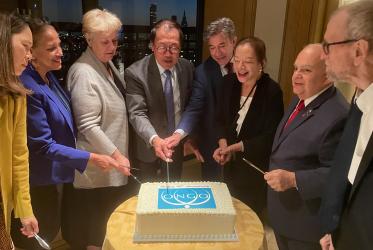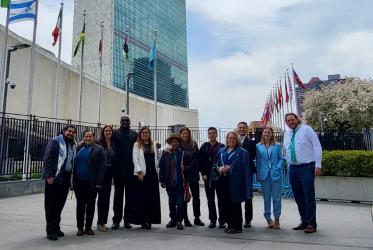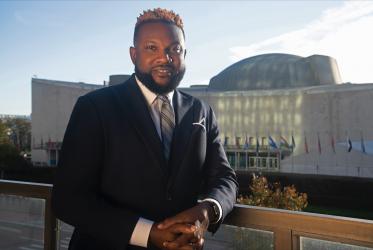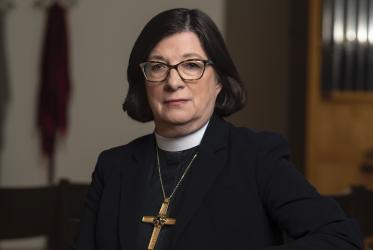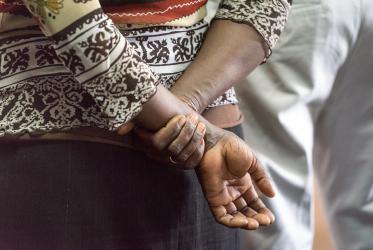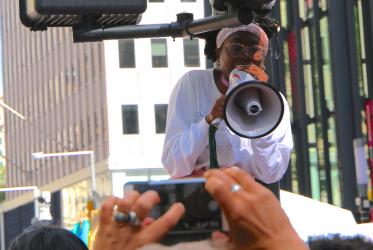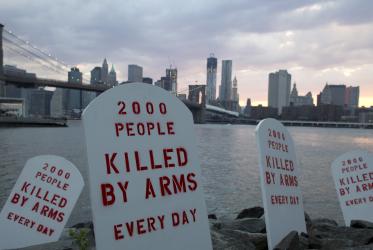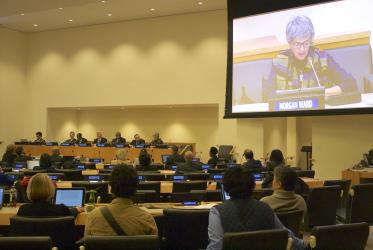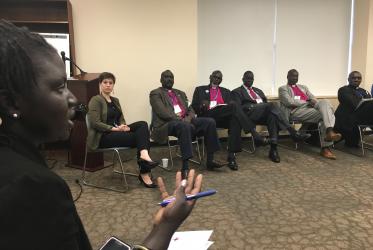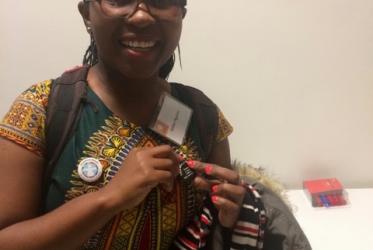On 22 January, the World Council of Churches, together with the ACT Alliance, General Board of Church and Society of the United Methodist Church, General Conference of Seventh-day Adventists, United Nations Office on Genocide Prevention and Responsibility to Protect, and the UN Inter-Agency Task Force with Faith Based Organizations, co-organized the Fourth Annual Symposium on the Role of Religion and Faith-Based Organizations (FBOs) in International Affairs with the theme “Perspectives on migration: displacement and marginalization, inclusion and justice”.
29 January 2018

